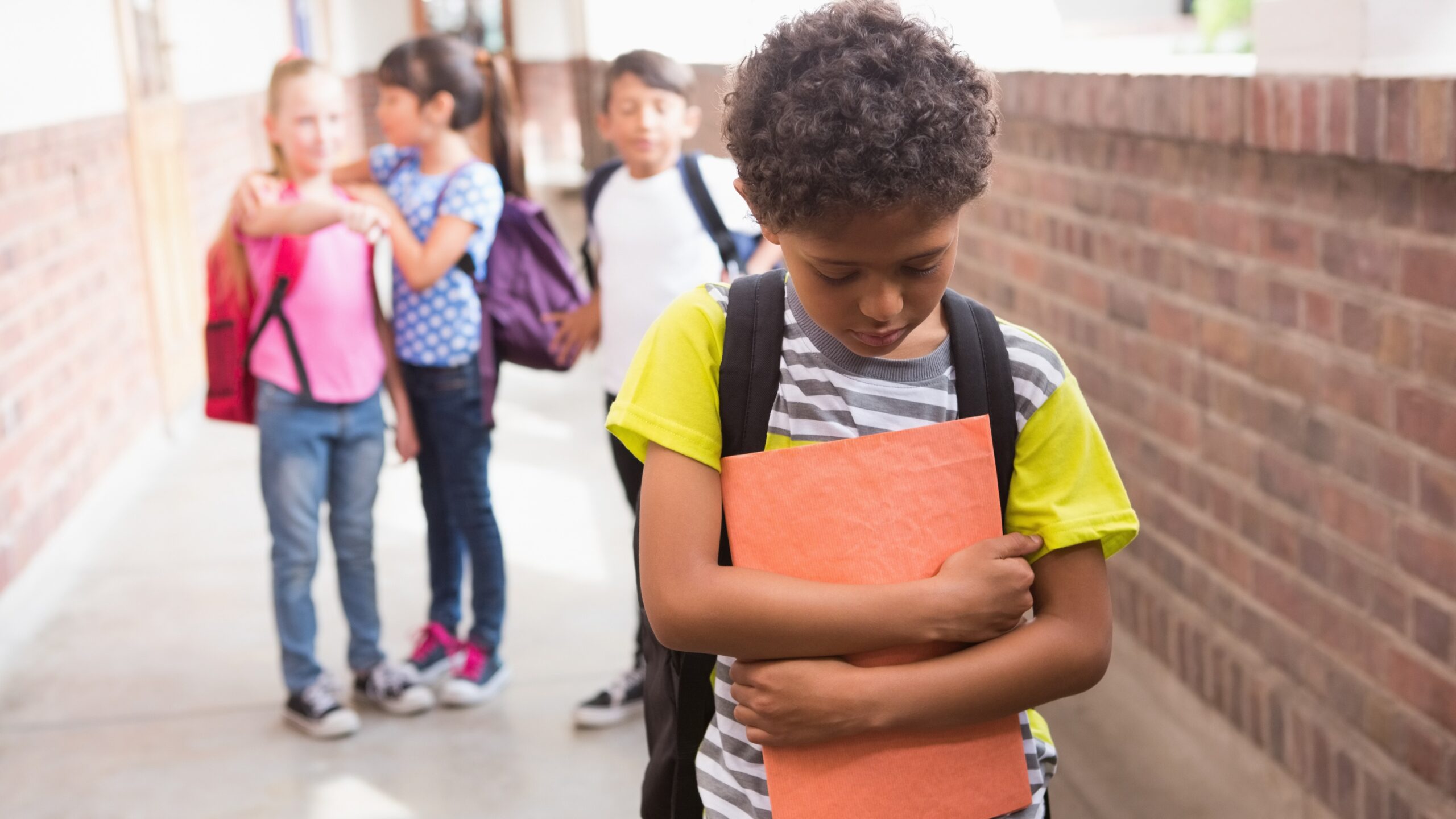
The American Psychological Association defines bullying as "aggressive behavior that is intentional and involves an imbalance of power or strength. It is a repeated behavior and can be physical, verbal, or relational." It's important to know and remember that bullying can take many forms. Sometimes a child may be physically bullied, but many times bullying can be verbal or take the form of being excluded socially. Bullying is not a new problem, but now that technology is so prevalent in our lives and the lives of our children, bullying can happen even when children aren't in school via text messages or social media.
More from MamásLatinas: Celebrities who were bullied
It's terrifying to think of all the ways that our children can be bullied nowadays, but instead of being terrified, let's focus on how we as parents can take action to prevent our children from being bullied. We cannot control everything that happens outside of our homes, but within our homes we can educate ourselves and our children on ways to prevent bullying and what to do if bullying becomes an issue. Keep reading for tips on how to prevent bullying and what to do if it happens.
Talk about bullying before it’s even an issue.
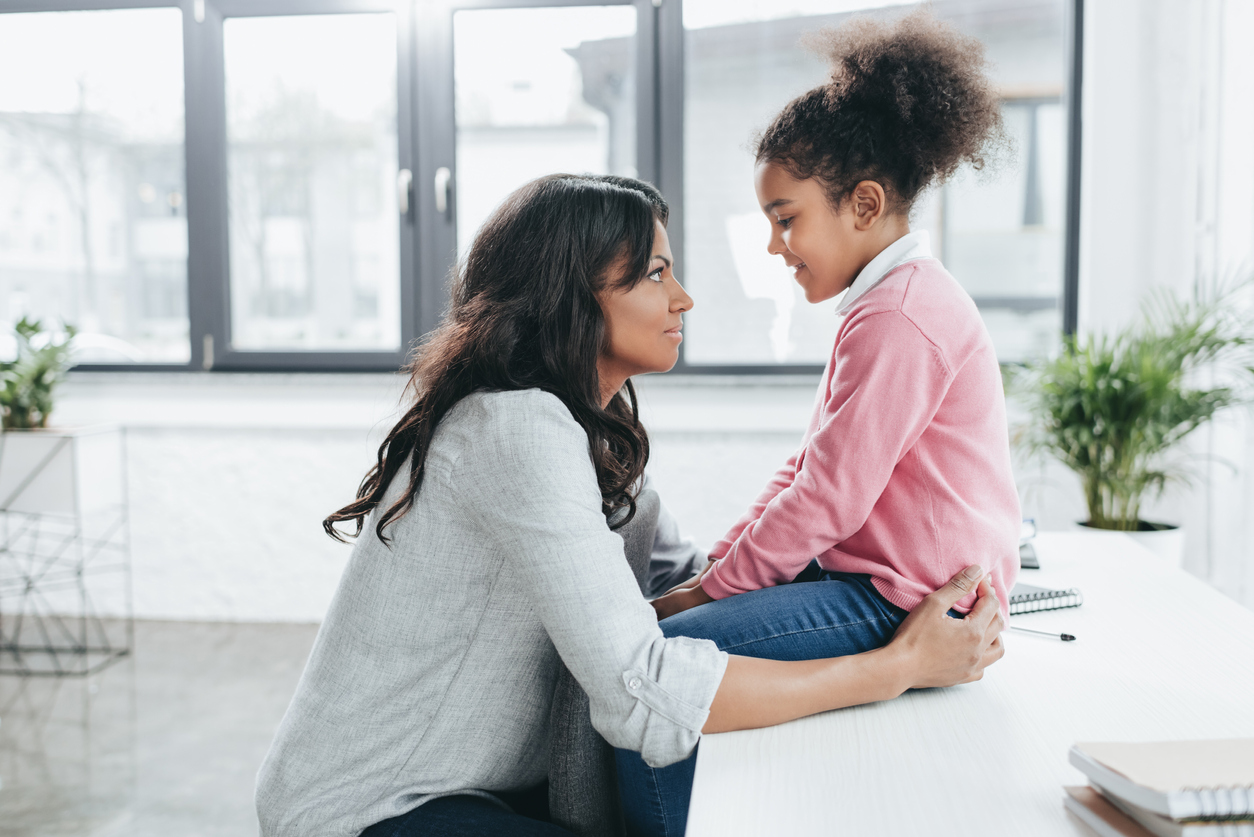
A great place to start is by talking to your kids about bullying. Discuss what bullying is, and let them know that it is unacceptable. You may not be an expert on the subject yourself, so check out resources like the government's StopBullying.gov website. You can share information with your kids from the website, which states: "Bullying includes actions such as making threats, spreading rumors, attacking someone physically or verbally, and excluding someone from a group on purpose."
Develop relationships with school personnel and other parents.
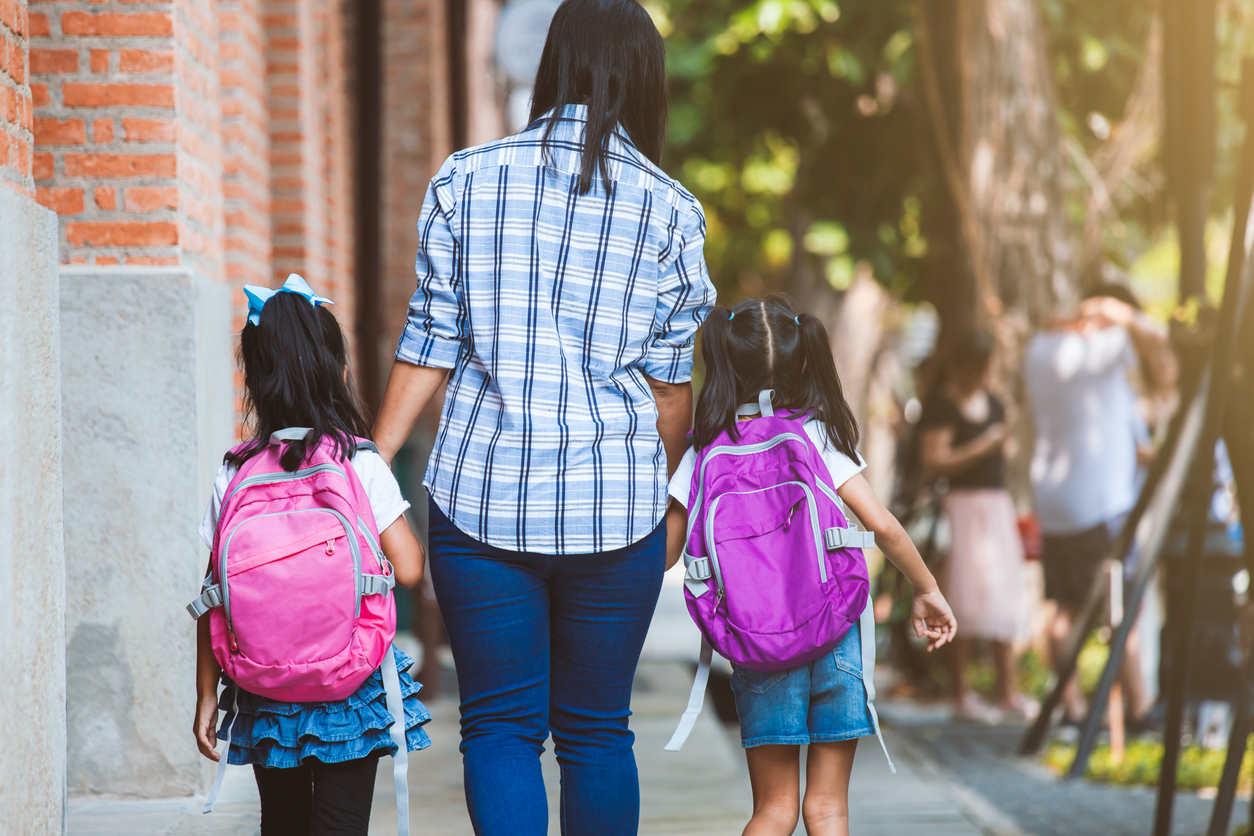
Diana Divecha, PhD, is a developmental psychologist and assistant clinical professor at the Yale Child Study Center and Yale Center for Emotional Intelligence. She suggests that it's always a good idea to get to know teachers and staff who work at your child's school as well as other parents whose kids also go to the same school, because it helps create an atmosphere of support and makes communicating easier in good and not-so-good times.
Watch your kids for signs.
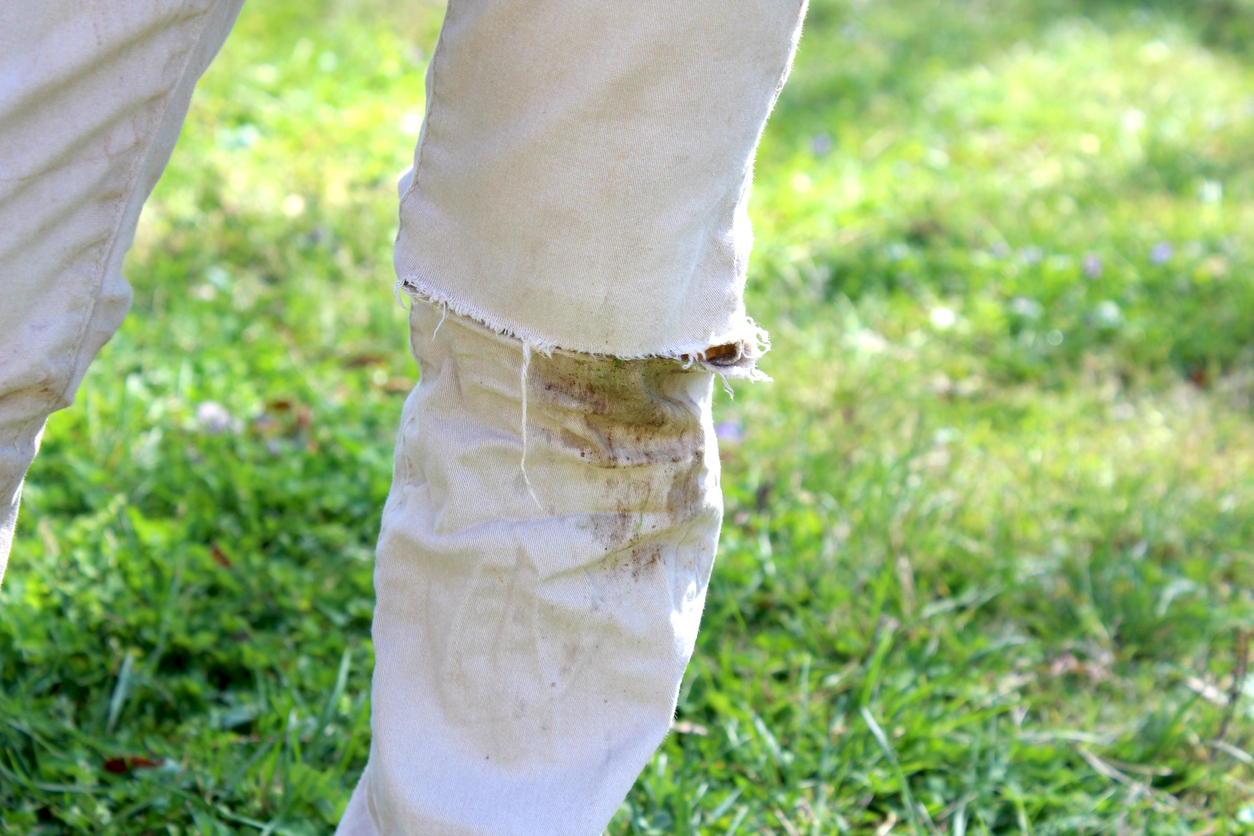
Talk to your kids. Listen to them. Be familiar with who their friends are. Ask questions. Look for signs of bullying. Sometimes a child won't tell you that they are being bullied even if you ask directly, so keep an eye out for signs. According to the American Psychological Association (APA), signs of bullying can include "ripped clothing, hesitation about going to school, decreased appetite, nightmares, crying, or general depression and anxiety."
Keep your feelings in check.

If your child is being bullied, you're going to have some feelings about it. That's natural, but stay calm in front of your child and assure them that you are there for them and will help them. Also, let them know that it's not their fault.
Encourage your child to share information.

Talking about the bullying might make your child feel uncomfortable. Stay calm and try to get as many details as possible from your child. You need to know as much as possible in order to figure out how best to help your child. They might not offer up details, so be sure to ask specific questions.
Don't dismiss your child's concerns or fears.
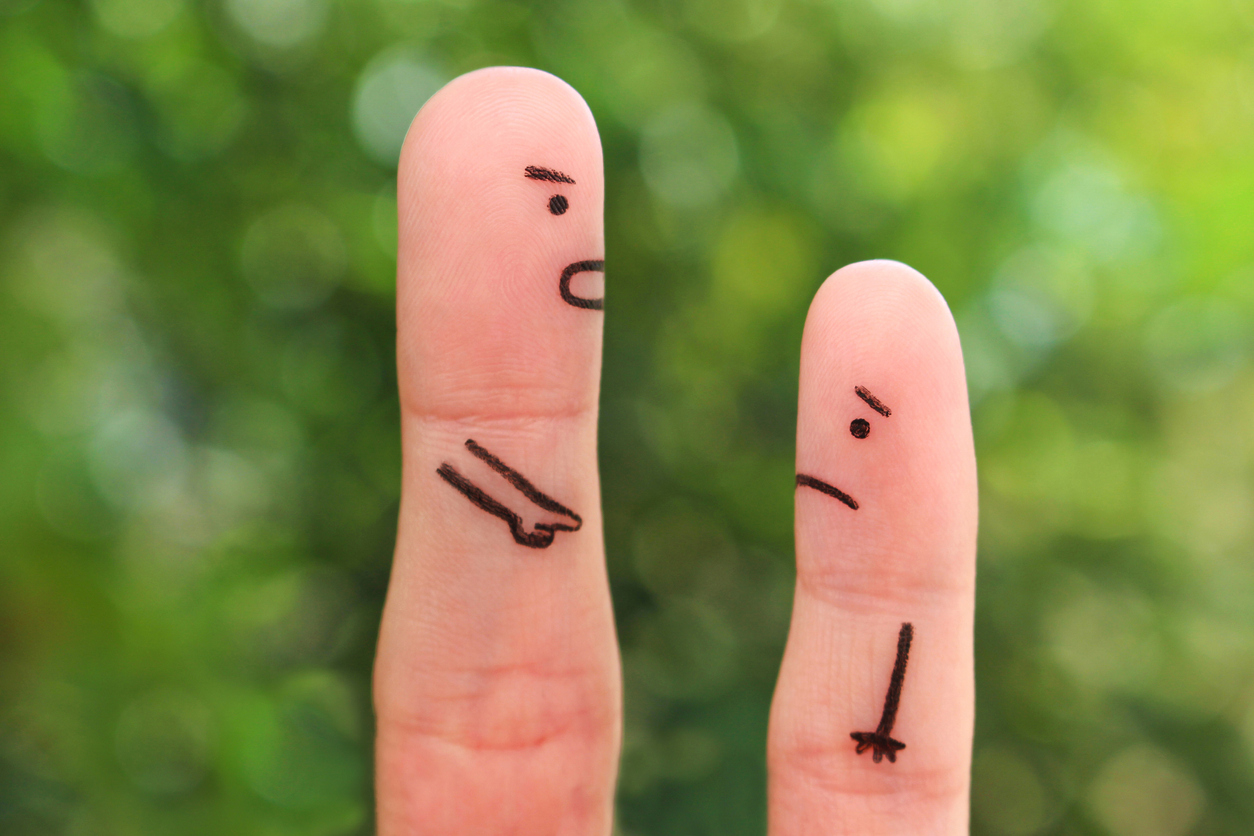
If bullying is unacceptable, and it is, then telling your child to suck it up is not fair. They shouldn't have to accept unacceptable behavior. Also, telling them to just "let it go" or "suck it up" may prevent them from continuing to keep you informed. Instead, keep the lines of communication open, and let your child know that you will help them.
Tell your child that bullying back is not an option.

Having your child fight back or bully back is not a good or safe response to being bullied. It could put them in danger, and it doesn't solve the problem. The APA advises to make it clear to your child that fighting back or bullying back is not an option.
Help your child come up with strategies.

Until you approach school administration, help your child come up with strategies to deal with the bullying. Let them know that they can assertively tell someone to stop, and have them practice saying "stop" assertively. If they find themselves being bullied when they are alone, suggest they find a friend to accompany them when they have to go to the bathroom. If that's not an option, perhaps they can ask a trusted adult at the school for help.
Get school personnel involved.
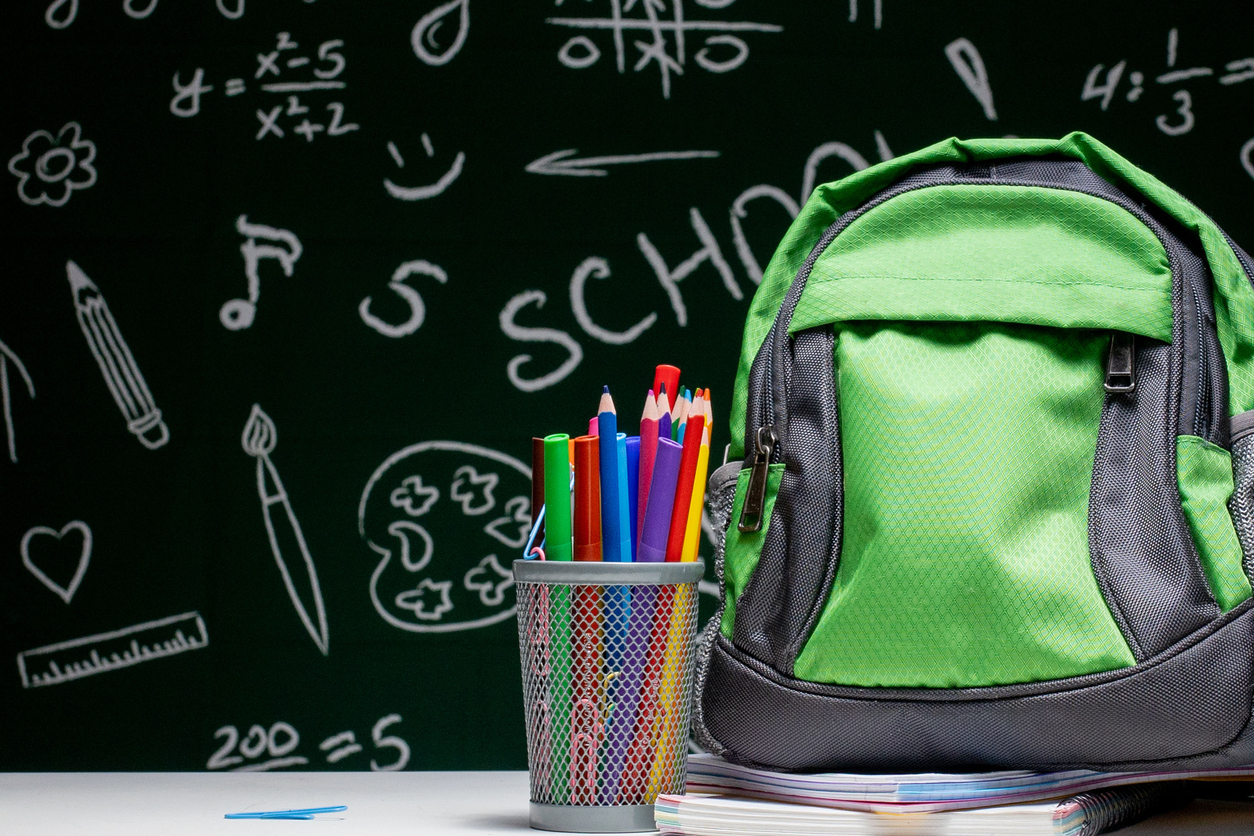
If bullying is happening at your child's school, you should definitely get the school involved. If the bullying is happening in the classroom, then start by approaching the teacher. If it's happening at recess or in the lunchroom, then start with the personnel in charge of those areas.
Keep your feelings in check when you approach school staff.

It's natural to be upset that your child is being bullied, but when you first approach school staff on the matter, remember that this might be the first they are hearing of it. As calmly as you can, tell them what is happening, and ask what can be done about it.
What if the school doesn’t do anything?

Work your way up the ladder. Go to the principal and the school board if you have to. "Remind them that federal legislation gives students the legal right to learn in a safe environment and offers special protections for bullying based on race, sex, or disability," advises Divecha. If the school still does nothing and your child continues to get bullied, you may have to pull your child out of that school.
Get educated about cyberbullying.

Bullying doesn't always happen in person. According to the 2017 School Crime Supplement to the National Crime Victimization Survey, 15% of students ages 12 to 18 who reported being bullied at school reported that the bullying happened online or by text.
Where and how does cyberbullying happen?

Cyberbullying happens over digital devices like phones, tablets, and computers. It happens via texts, social media, instant messages, forums, apps, or even certain gaming platforms. According to StopBullying.gov, "Cyberbullying includes sending, posting, or sharing negative, harmful, false, or mean content about someone else. It can include sharing personal or private information about someone else causing embarrassment or humiliation." In some cases, cyberbullying can turn into unlawful or criminal behavior.
How to protect your child from cyberbullying

The terms of service on most social media sites say that a user has to be at least 13 years old, but a lot of kids younger than that are being allowed to join. Don't let your kids join before they are actually allowed to, and once they do join, monitor their activity. Also, set time constraints so that they aren't allowed to access their phones 24/7 and can get a break from always being connected. The APA also suggests having a family computer that is out in the open and the only computer accessible to children so that it can be monitored.
What to do if cyberbullying is happening
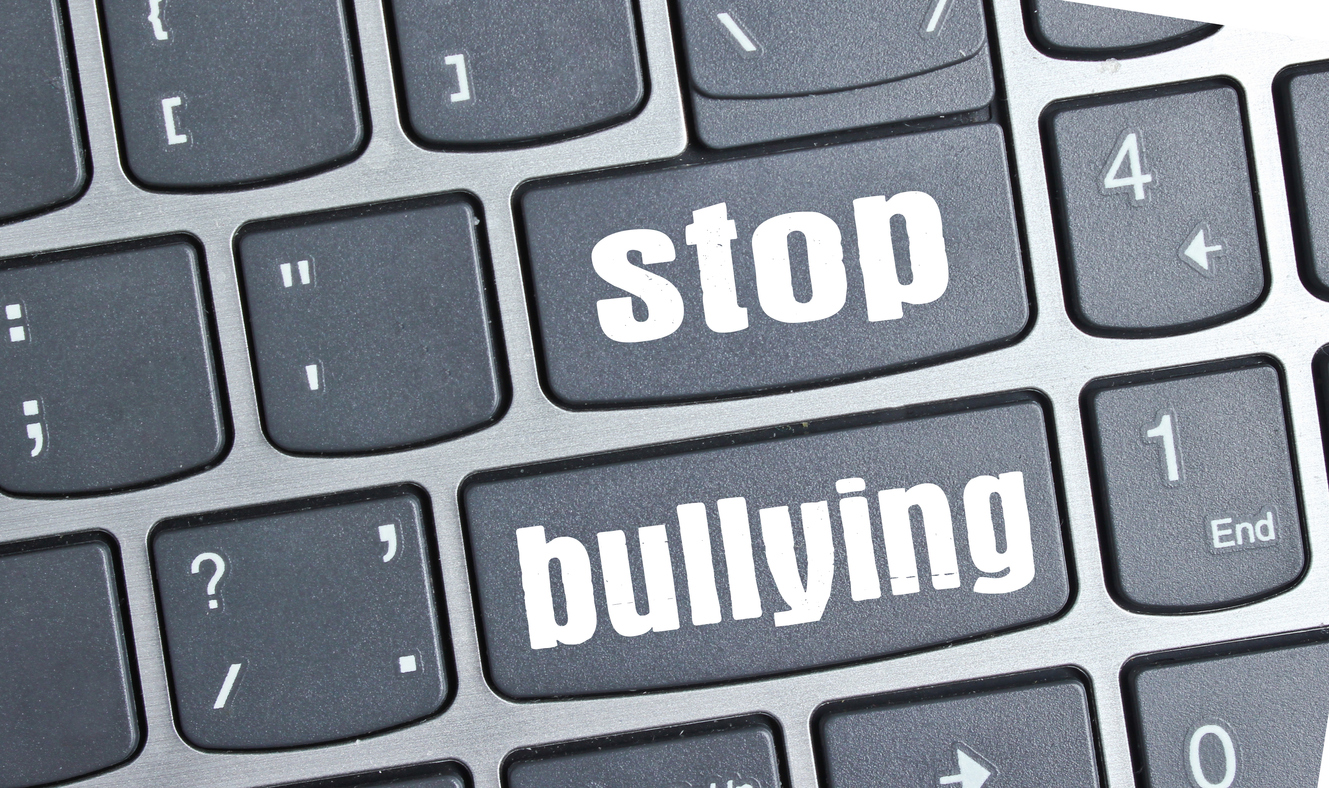
Start by taking screenshots of the bullying. Help your child block the person who is bullying them. If the cyberbullying is happening on an app, report it directly to the platform. If the person bullying your child goes to the same school as they do, report the behavior to the school.
Your child may need more than your help, and that's OK.

Being bullied can result in trauma for some children. The Substance Abuse and Mental Health Services Administration defines trauma as "an event, series of events, or set of circumstances that is experienced by an individual as physically or emotionally harmful or life threatening and that has lasting adverse effects on the individual's functioning and mental, physical, social, emotional, or spiritual well-being."
Keep in mind that what is traumatic for one person might not be traumatic for someone else. Still, if you find that your child has been traumatized because of bullying, reach out to your health provider for a referral to a mental health provider who can help your child. Mental health is a part of health in general and should not be ignored or stigmatized. There is nothing wrong with seeking help and guidance from a mental health provider, just like there is nothing wrong with seeking help from a doctor for health issues.




